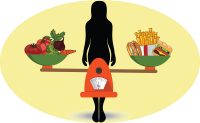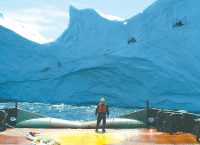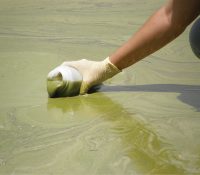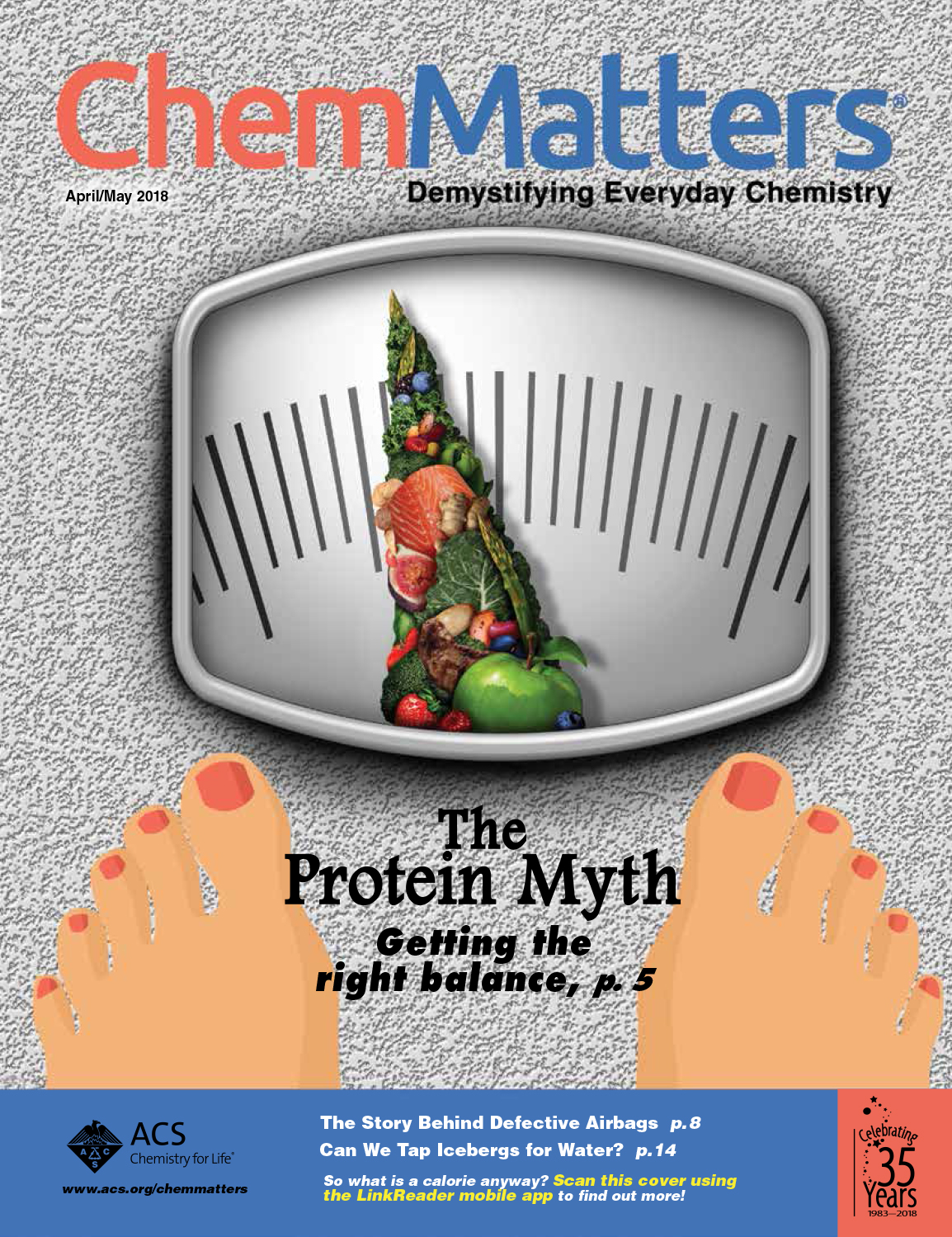April 2018 Issue
Departments

Open for Discussion: Weighing in on Calories
By Michael Tinnesand
Let’s get the facts straight about calories and weight gain!
Features

The Protein Myth: Getting the Right Balance
By Kelly April Tyrrell
Proteins are essential to good health, but overloading your diet with them comes with a cost. Learn how to get just the right amount.
Featured Video

As a Matter of Fact
The Aroma of the Seaside.

The Story Behind Defective Airbags
By Brian Rohrig
Airbags have saved thousands of lives, but defective ones have led to more than 20 deaths. Find out what went tragically wrong.
*Available in print issue only

The Future of Water
By Don Calbreath and Matt Ruppel
Strategies to address current and future water crises range from the tried-and-true to the truly bizarre.
*Available in print issue only

Drinking the Sea
By Matt Ruppel
We’ve already started tapping the world’s oceans to satisfy our water needs. Will it be enough?
*Available in print issue only

Towing Icebergs
By Don Calbreath
As water shortages get worse, it could finally be time to drag icebergs across thousands of miles of open water to quench parched regions.
CORRECTION: On page 14, the sidebar should read “For one thing, when water freezes, it becomes less dense.”
*Available in print issue only
Teacher's Guide

Toxic Shorelines: The Science of Algal Blooms
By Rebecca Heisman
Algal blooms can shut down beaches, fisheries and even city water supplies. Luckily, we know how to curb them.
CORRECTION: Eutrophication (referred to on page 16 of the print magazine) is the process by which a body of water becomes enriched in dissolved nutrients. This process can lead to the rapid growth of algae, which in turn depletes the water of oxygen when the algae die and are decomposed by bacteria.




